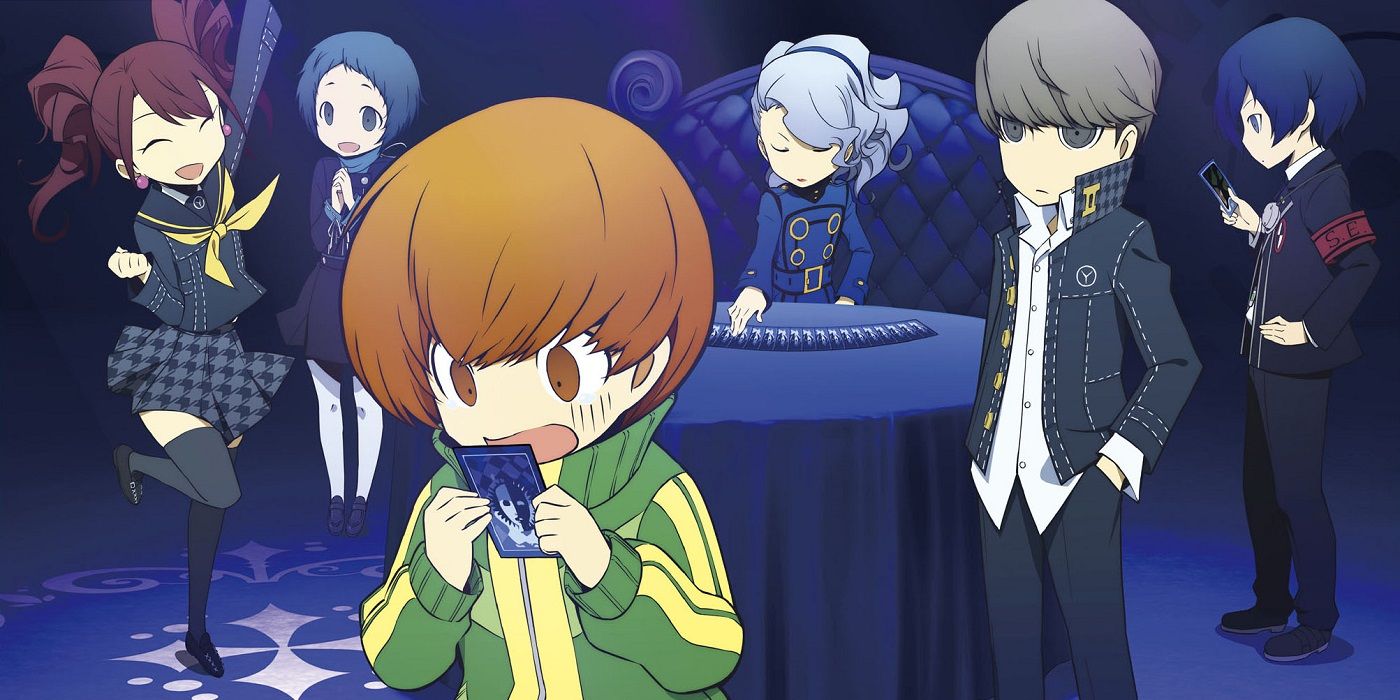
Japanese Role Playing games are an interesting genre of video game because they can vary so much from one another. A lot focus on turn based combat, where others rely on heavy action and tight controls for their fights. Games like Final Fantasy and Dragon Quest paved the way for the genre and story wasn't exactly a big focus for those games back in the day.
RELATED: 15 JRPGs With The Deepest Lore, Ranked
In the modern age of video games, fans expect more well balanced experiences worth their time and money. Even still, stories of a lot of JRPGs come up short because their riddled with clichés, lack good characters to progress the plot, or some developers just don't care to make a good story. With that said, these games are exceptionally good at building worlds around them through lore.
10 Disgaea 5
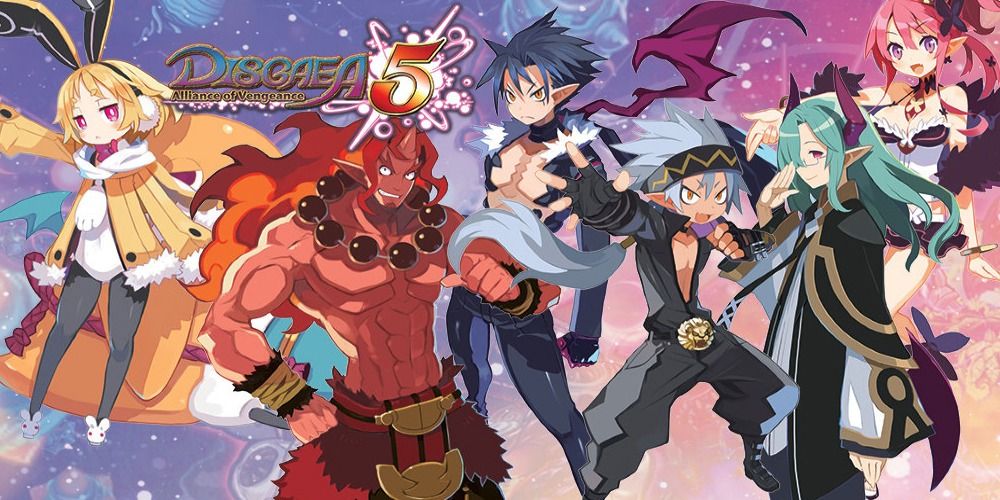
The Disgaea series has a simple world behind it full of demons, evil, and chaos that rule across several netherworlds. The premise is simple, but each netherworld plays by its own rules and has different relationships with the surrounding universe. Disgaea 5 tries to expand on this by including characters from multiple netherworlds that each actually have more interesting plot lines than a lot of plots from earlier games.
RELATED: Why Persona Fans Should Check Out The Disgaea Series
The issue with this approach is that the main story seems to suffer and becomes boring. The story that's supposed to bring all the subplots together does so predictably and takes way too long to resolve itself. Compared to other games, the story is somehow even more cliché and the characters themselves are too one dimensional.
9 Final Fantasy X
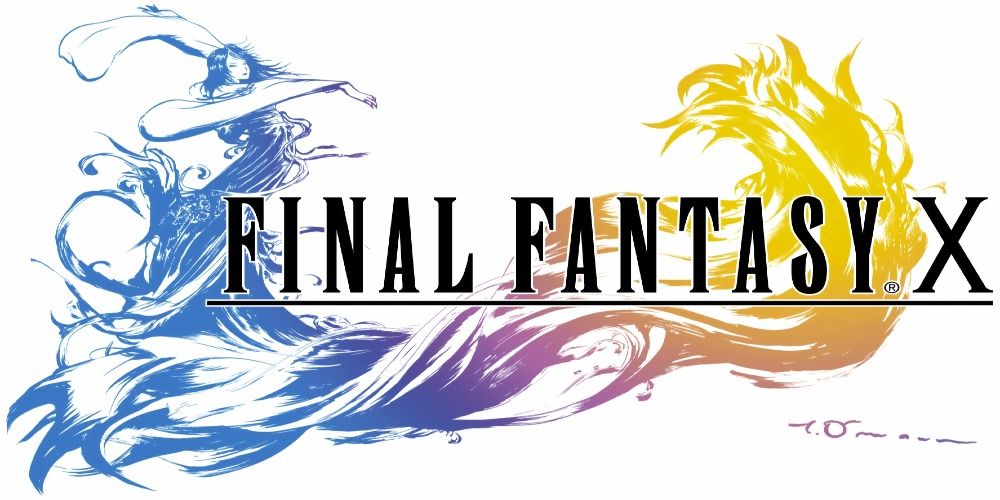
This game's lore is at front and center throughout the progression of the game, propelling the plot forward, but the characters making the plot happen are bland. Seeing the different cultures, civilizations, religions, and games like Blitzball make the world feel alive and well-thought-out, but the story makes players feel something different.
It's a shame the story was so bland because this was the first Final Fantasy game that seemed to take a new approach to world building. All the installments before this one were set in medieval settings or like Final Fantasy VII which was set in a New York City type area. The world of Final Fantasy X had so many great elements that didn't get to shine to their fullest.
8 Xenoblade Chronicles 2
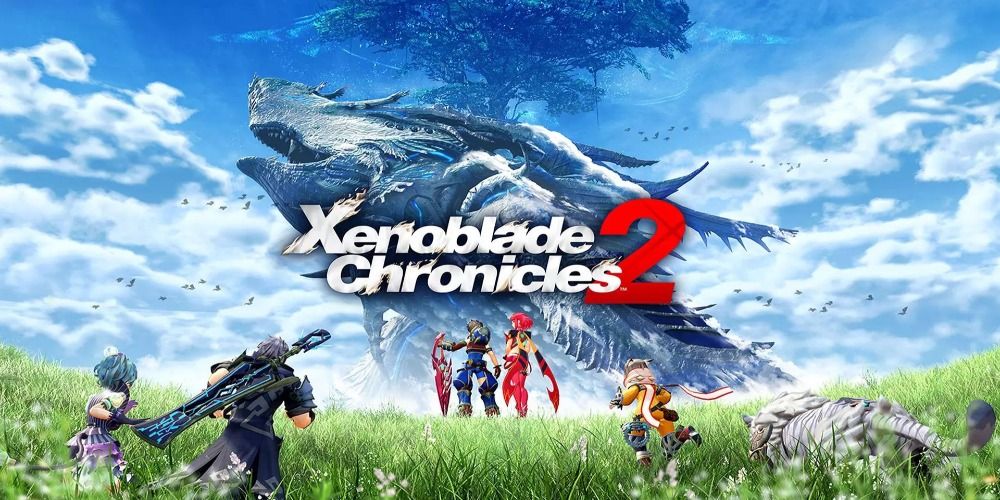
Xenoblade's universe is steeped in lore, with stories that influence the events of the games from thousands of years in the past, to even events in the future that haven't happened yet in the main game. The story of the second major installment of the series is just too predictable to be entertaining. Every plot point seems derivative or contrived.
The politics and buearacracy aspects are written pretty well, but they just fall flat during long cutscenes and unexcited acting. The cities and countries are well polished with personality and unique structures to reflect their cultures, but the main cast just doesn't move through the story in an entertaining way.
7 Tales Of Zestiria
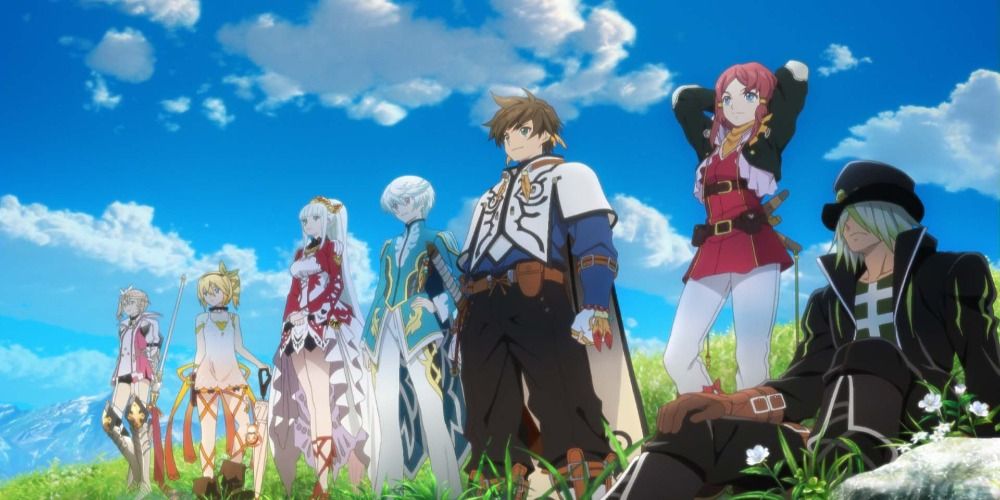
The Tales Of series isn't known particularly for its stories but with installments like Symphonia and Berseria, they've done well at fleshing out worlds and characters while moving forward with interesting themes and plot points. Zestiria fails to do any of this while having one of the more interesting worlds to be based in.
There's not much to say about the Zestiria story other than it follows the cliche of a character with dormant powers has them reawakened after a life or death situation with the main antagonist and saves the world. The side stories are a lot more interesting and add some life into the game though.
6 Final Fantasy XV
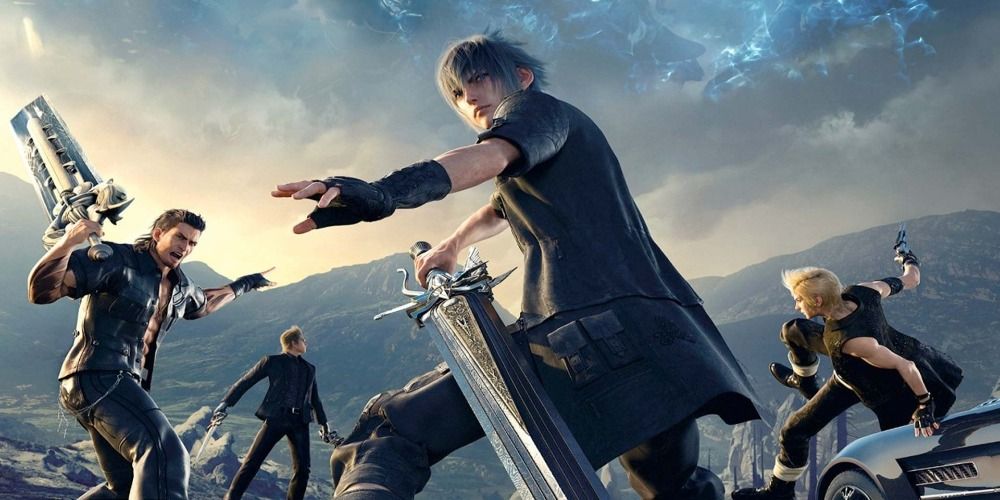
Final Fantasy XV was a big disappointment on release. The game allowed players to explore a huge open-world with side quests and mini games galore, on a scale unlike any game before it. The game had such charismatic characters that really seemed to know and love each other like brothers do. The only problem was the story was told in a disjointed manner to sell DLC.
RELATED: 15 Best Combat Systems In RPGs, Ranked
There're huge chunks of story inexplicably missing from main game Final Fantasy XV that don't get resolved until players play the DLC. This wouldn't be so bad if it was the only issue but the game also starts off in the middle of the story and the only way to get that information is to watch an anime and movie that take place before the events of the game.
5 Kingdom Hearts
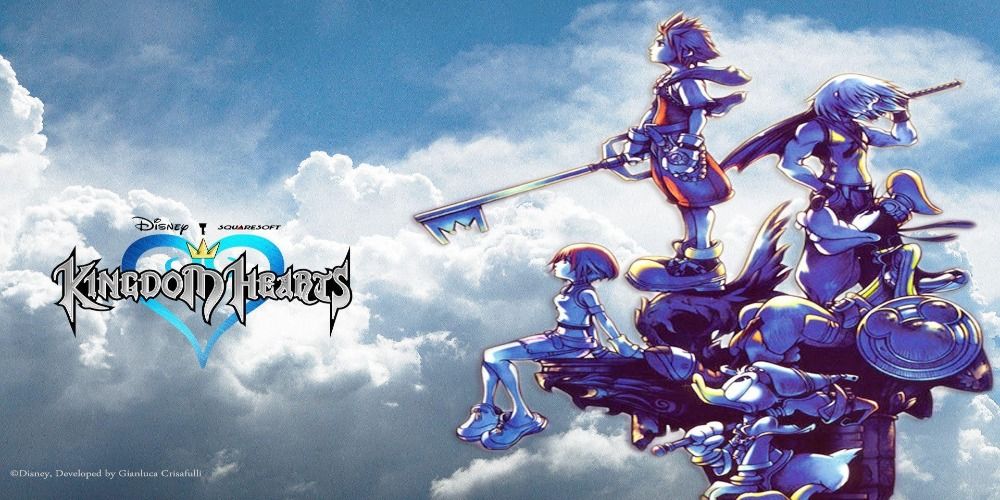
Kingdom Hearts is the poster child of JRPGs with ridiculous stories. If anyone tries to say they understood what was happening after playing the first 2 games, they'd be a liar because there's no way anyone, including the writers, knew what was happening. Recently, the writers of Kingdom Hearts went back and retconned a lot of the story to make things a bit more sensible, and honestly, it almost worked.
If the games had any sort of defining lore to support the early games, the stories would have been more palatable and understandable as they came out. The lore answers questions players didn't know they had because the story was told in such a wacky order, but it really does make sense when viewed from a distance.
4 Fire Emblem Fates
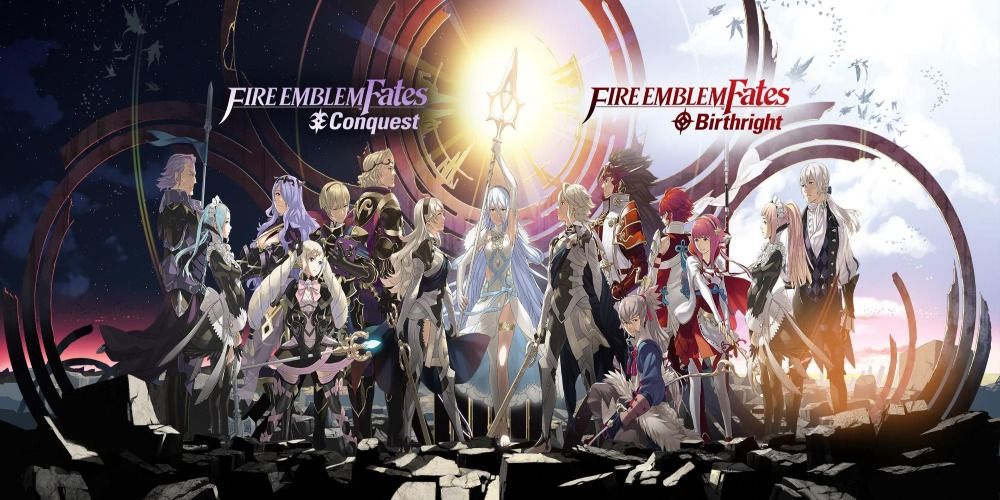
Fire Emblem Fates was an attempt to create a Fire Emblem game based on choice. Players could choose a side in a war, deciding which side of their lineage to embrace. It was an interesting concept but executed poorly. The decision of which side players picked didn't change much of the events around them and the story itself was a generic Fire Emblem story fans had seen before.
The fact that players got to see how two separate cultures developed and characterize themselves was something new for Fire Emblem and it was embraced by fans. Each country's lore and their origins were interesting and it made sense why the two were at war, giving characters solid motivations for their actions. The issue here is that everything after the world building that the players got to interact with was bland and felt like it was there just to fill play time.
3 Persona Q
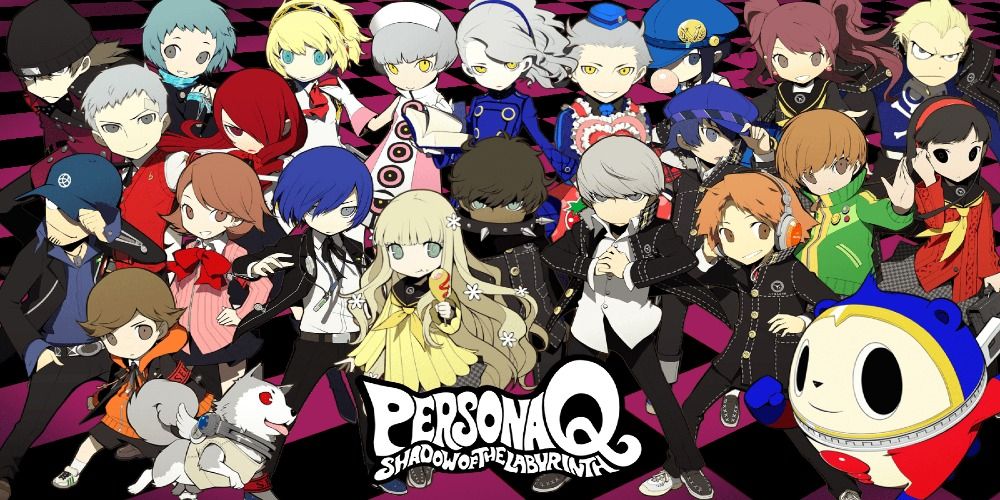
The Persona series isn't exactly known for great storytelling since they rely on cliches and every final battle involves killing a god of some sort with naive high schoolers. Knowing this, Persona Q is a different breed of Persona game. In Q, players are thrust into a new world with the characters of games prior. This is the root of the game's problems altogether.
RELATED: 10 JRPGs That Are Better Than Their Metascore
People don't play Persona for the story, they play it for the characters, the relationships they can make, and the memories the games leave everyone with. Since Persona Q gets rid of that very aspect, the story doesn't hold up on its own. Maybe it wasn't supposed to, but there was potential in the story that never got realized.
2 Code Vein
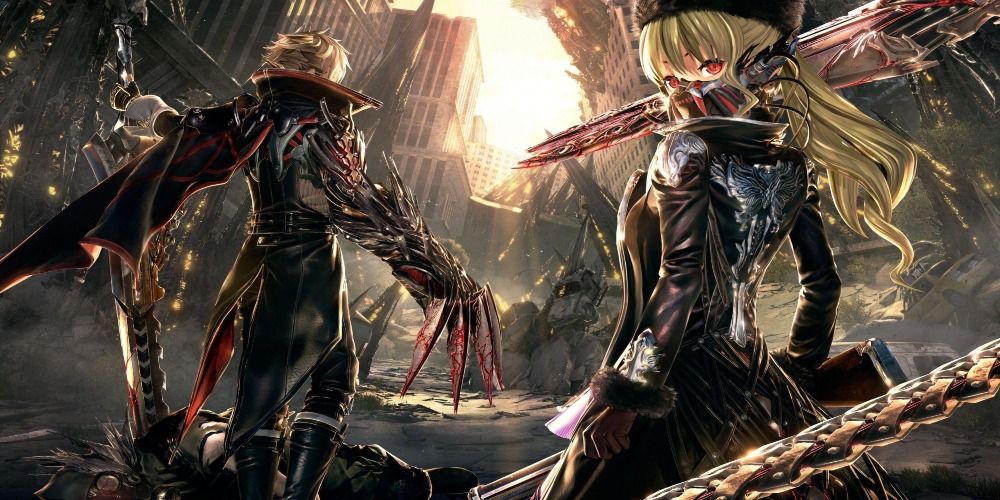
Code Vein is an action RPG that a lot of fans compare to Dark Souls because of its third person view and control scheme. The game's story is a confusing mess to most players because it isn't a standalone universe, even though it might seem like it. On top of that, the characters are pretty bland and there aren't any real surprises in the story itself.
This isn't to say the story is bad, but it's worth noting that Code Vein is part of an expanded universe that includes the God Eater series. God Eater has great characters and stories that did so well, they warranted spinoff games like Code Vein. The lore in Code Vein runs deep on the back of the God Eater games before it and can make the story a lot more interesting.
1 Shin Megami Tensei Devil Survivor 2
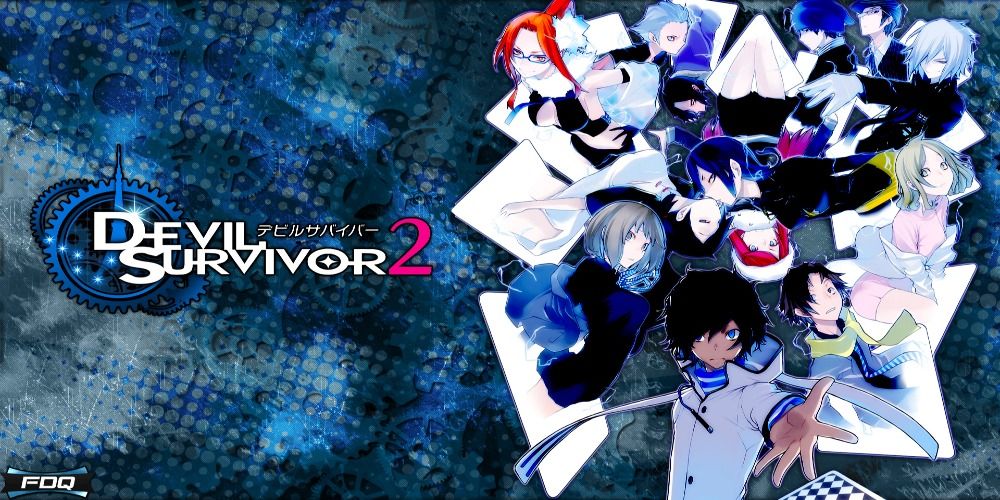
Devil Survivor 2 improves on its predecessor in almost every way aside from the story. The characters of the first game were just so much more memorable and the story was unique and dark, even for a Shin Megami Tensei game. The story of the second game seems to play on the hits of the first, with similar themes, plot points, and villains.
The lore of the game is one thing it seems to have over the first one. There're more moving parts that lead to the events of Devil Survivor 2, and players have more factions to side with because the world around them is well executed. The sense of choice presented in this game is just as much because of the story as it is because of the lore.

